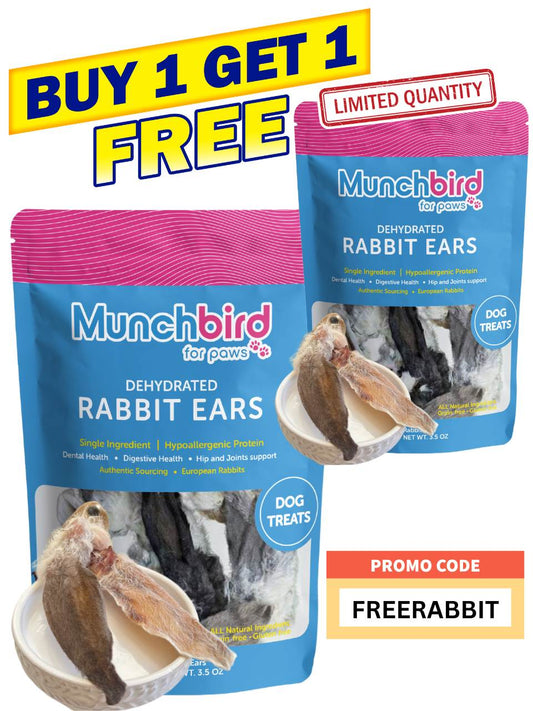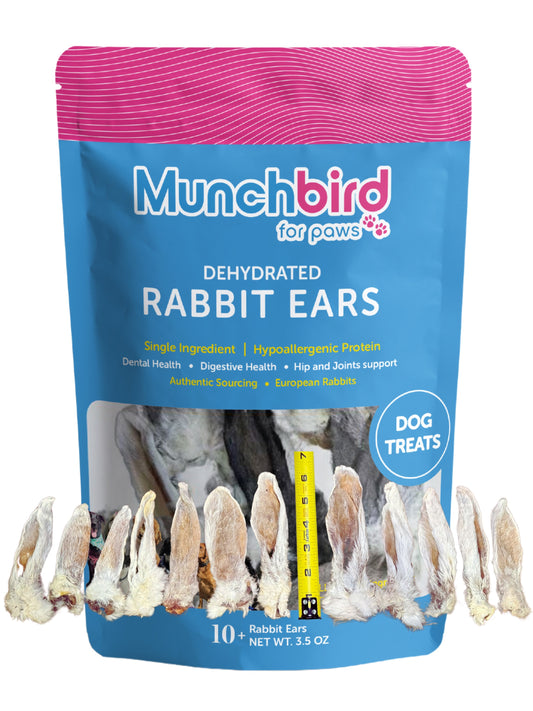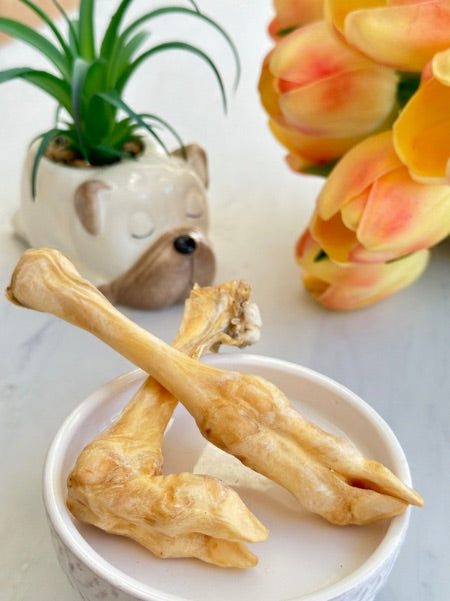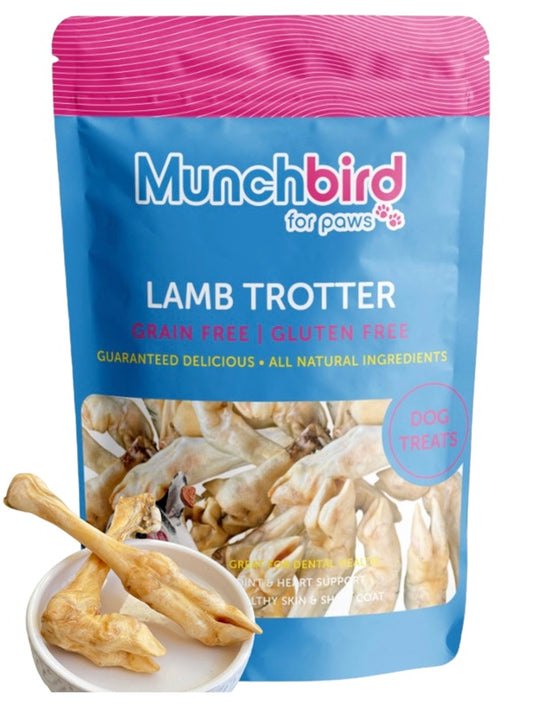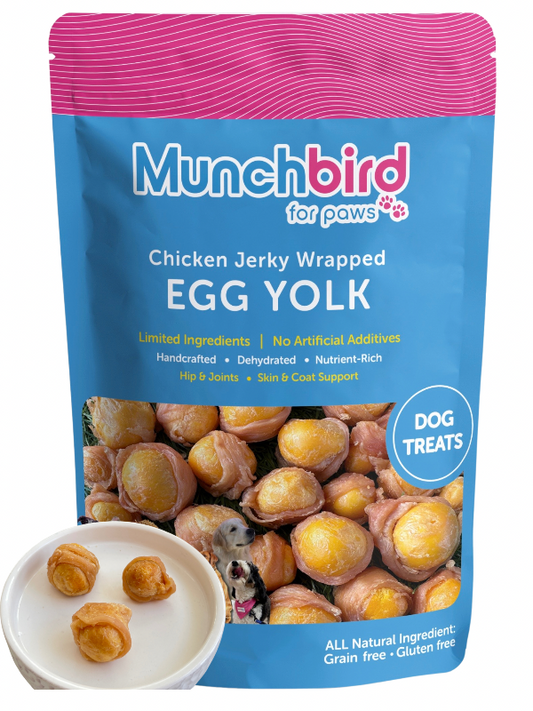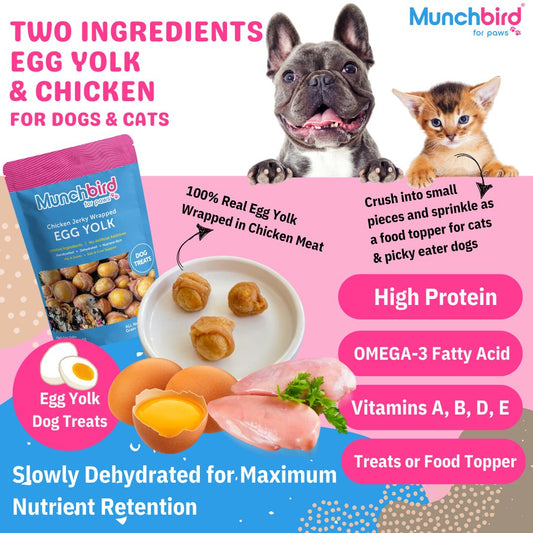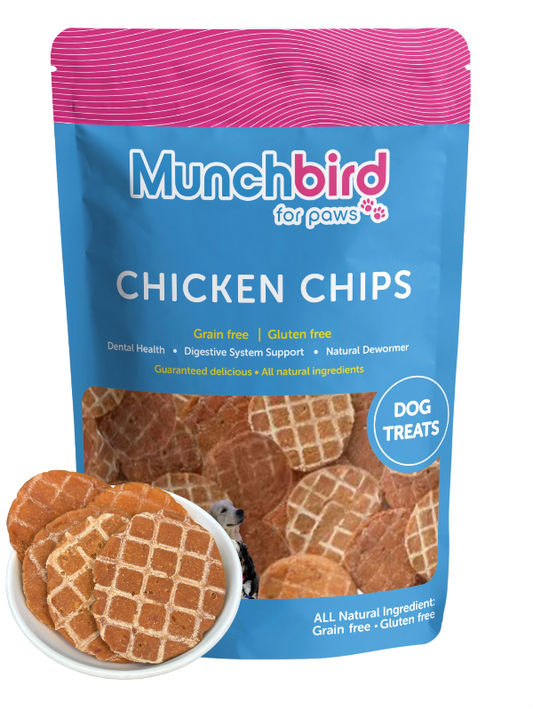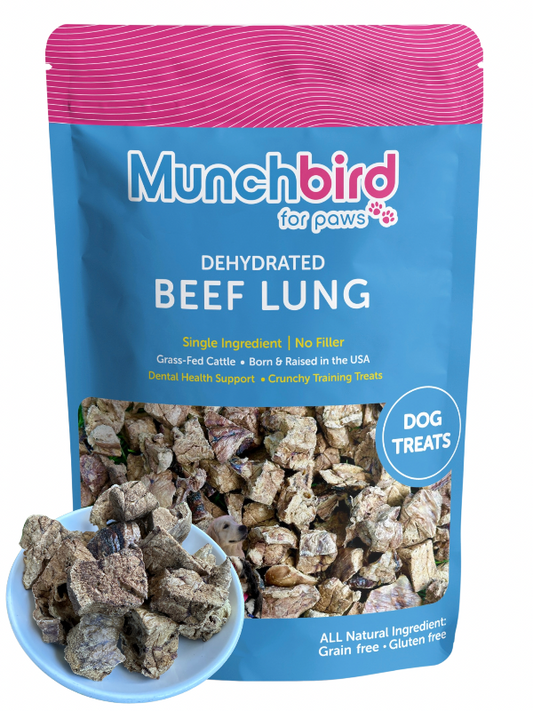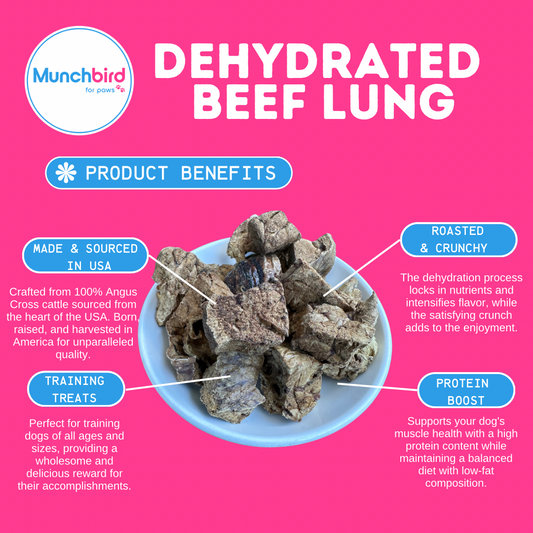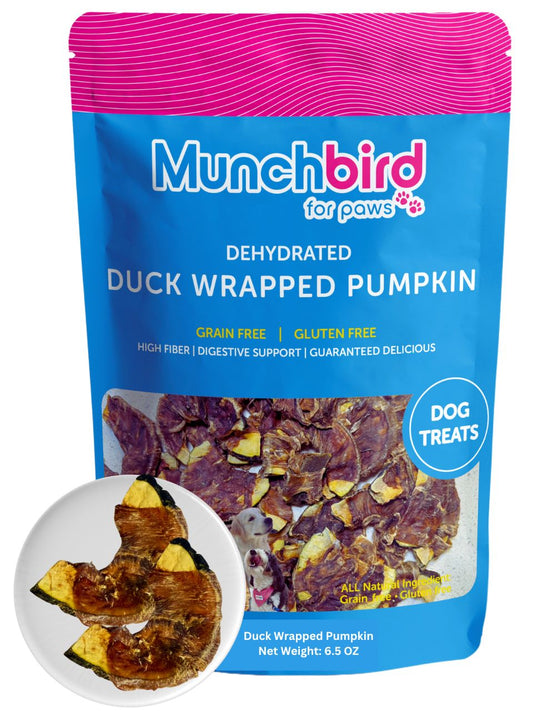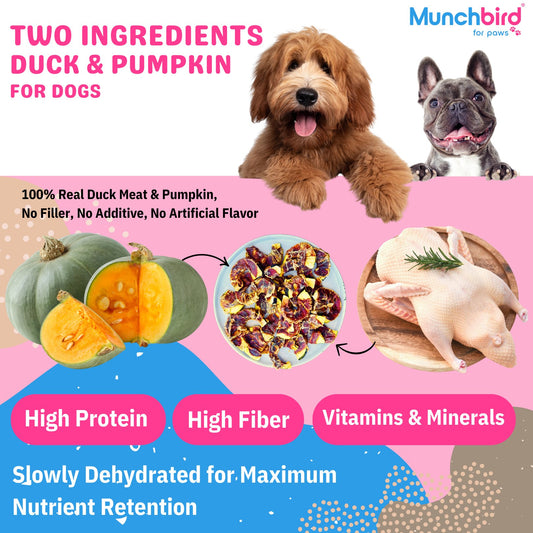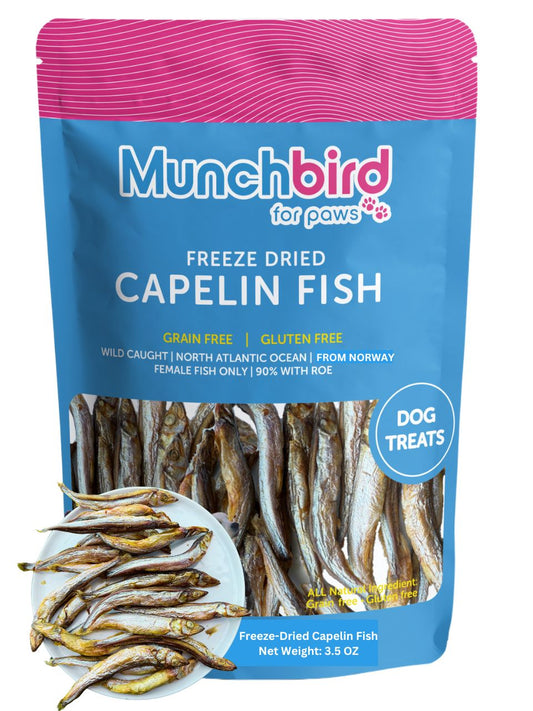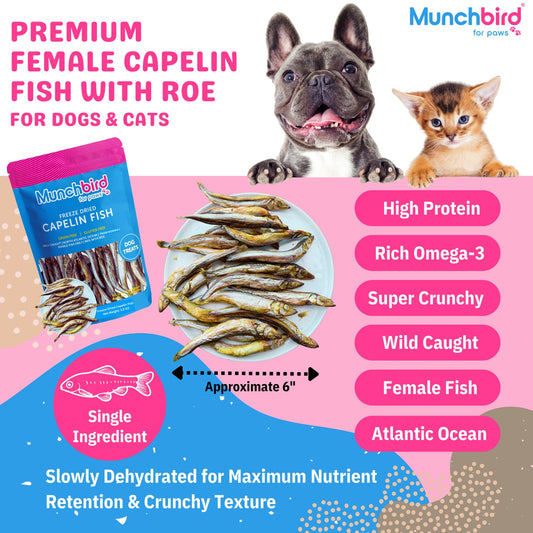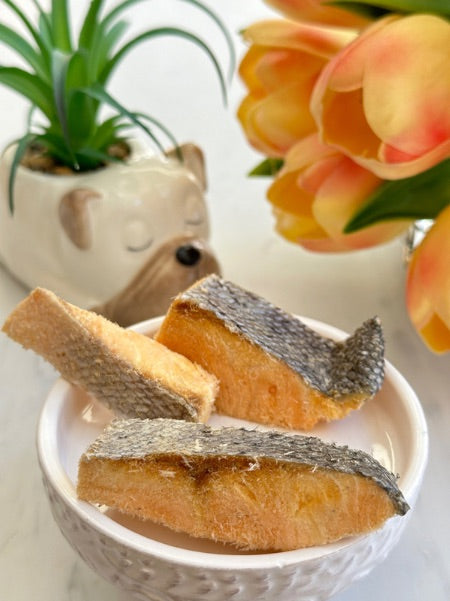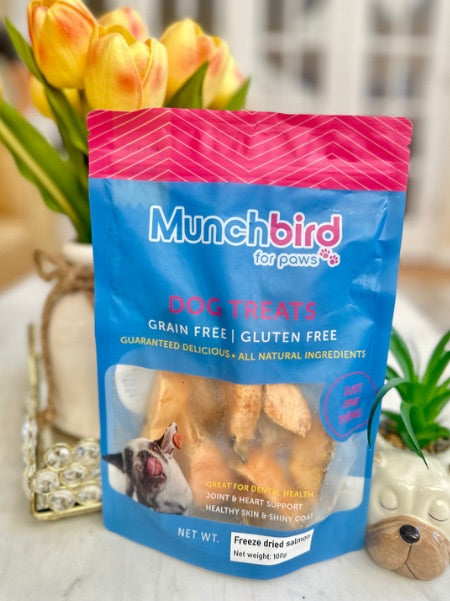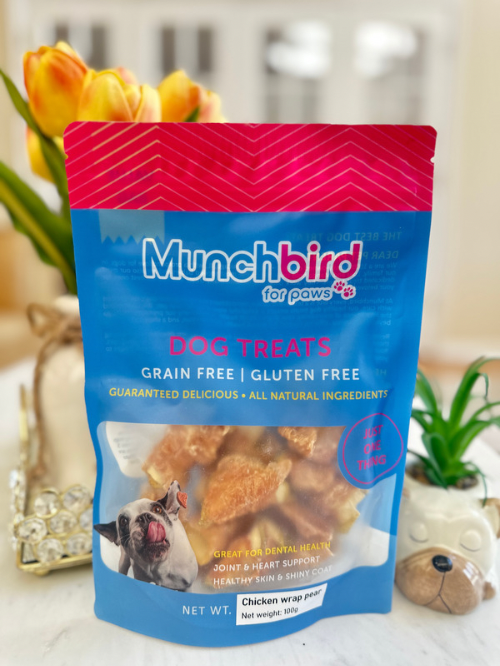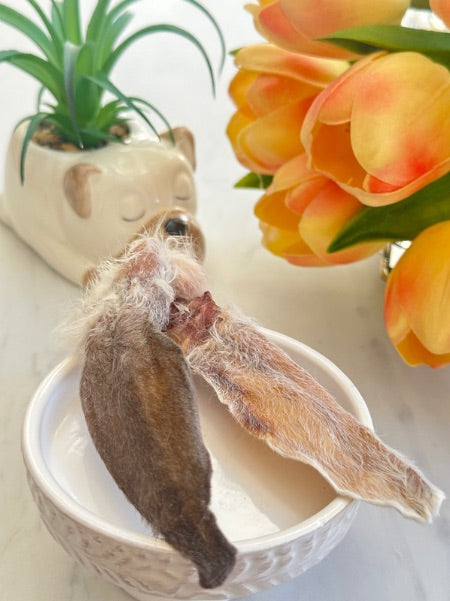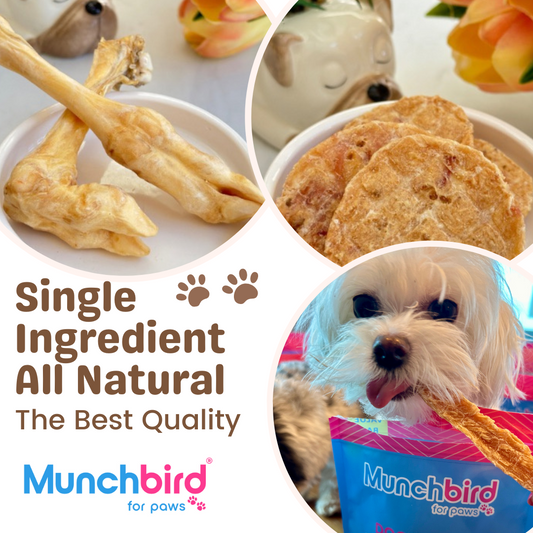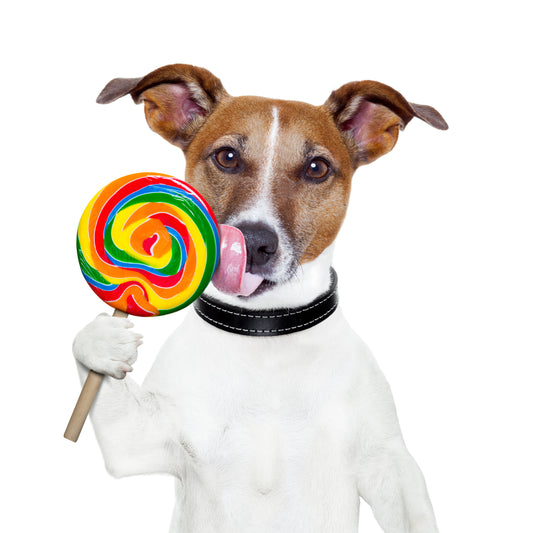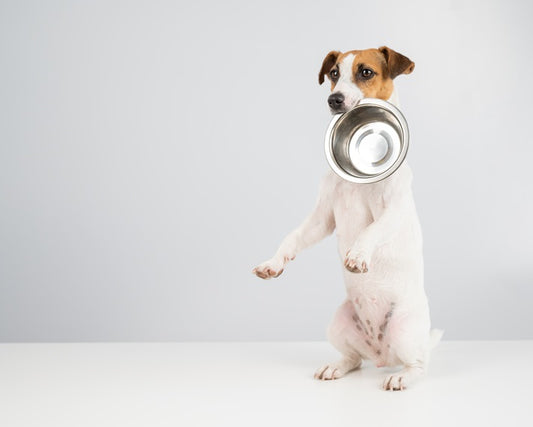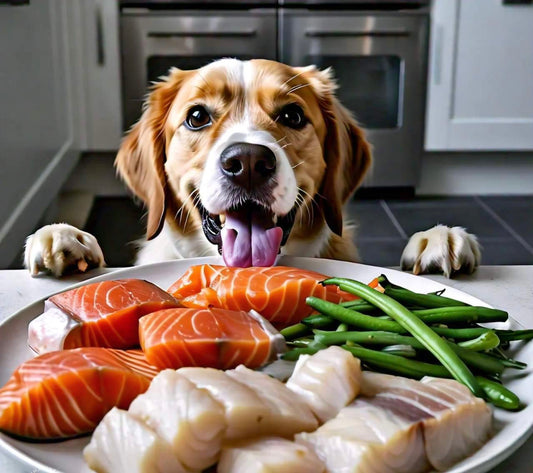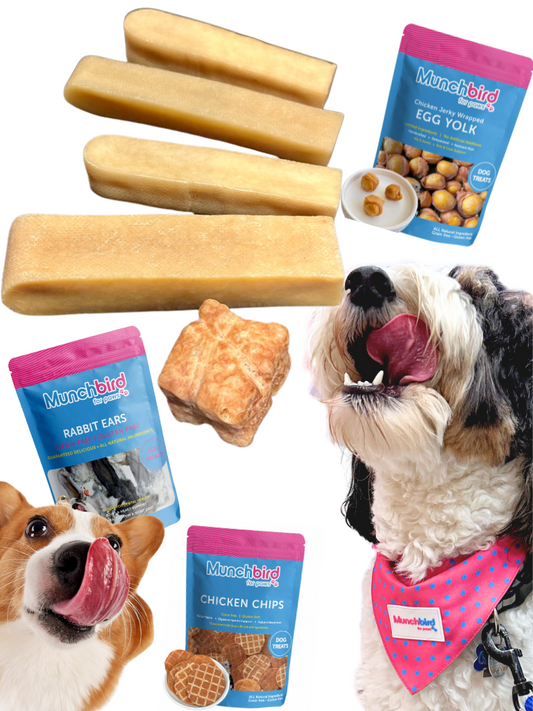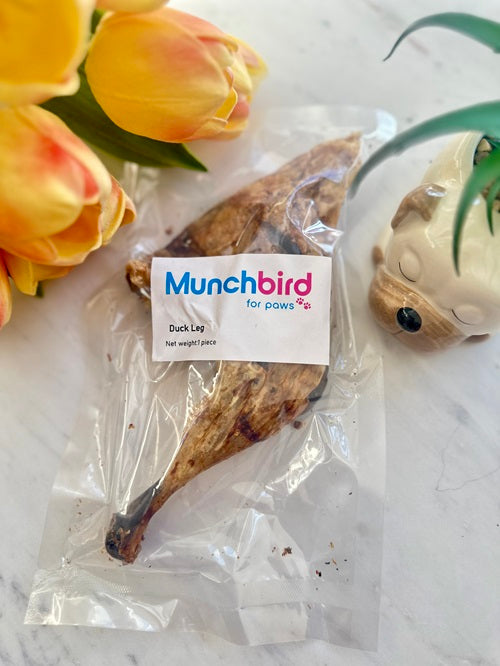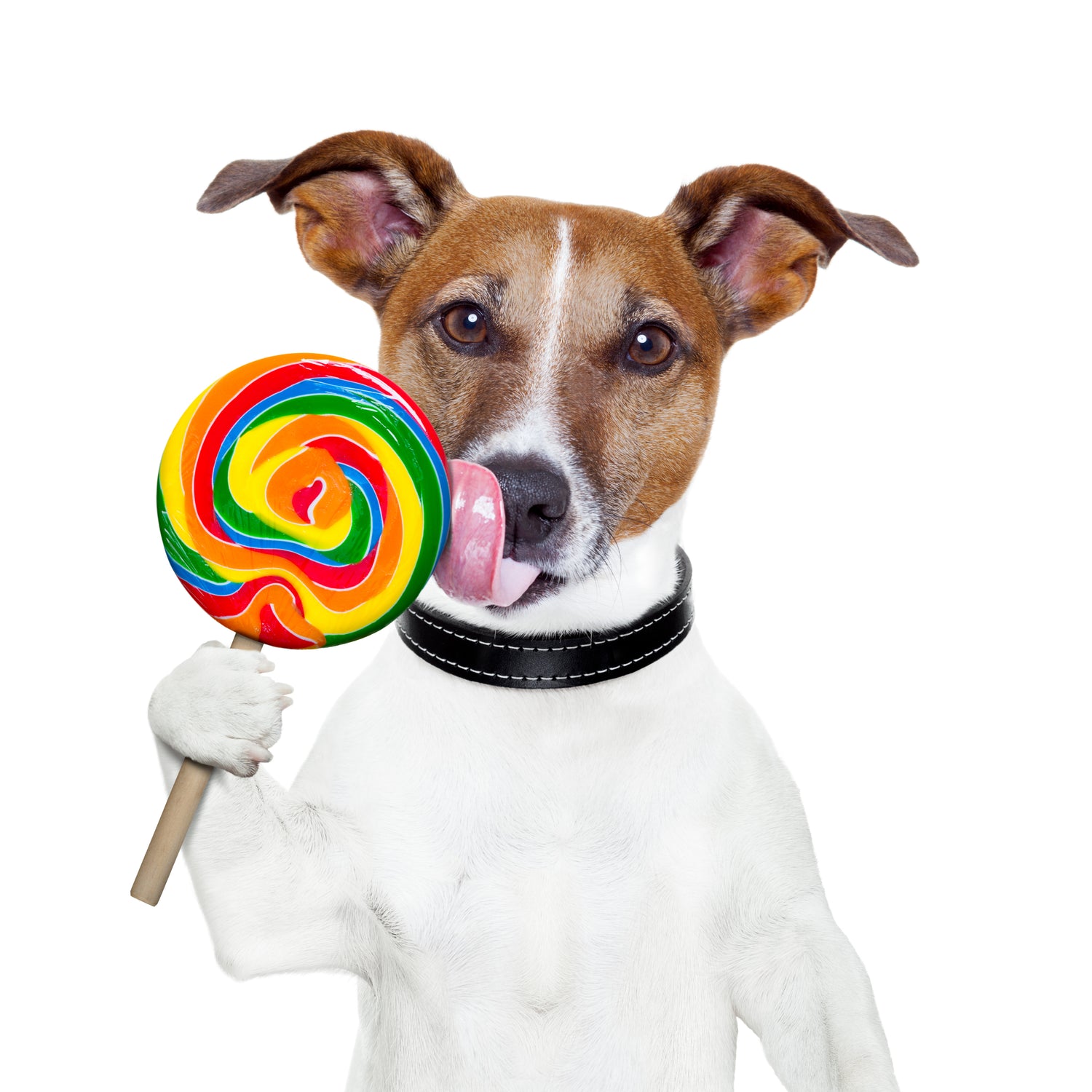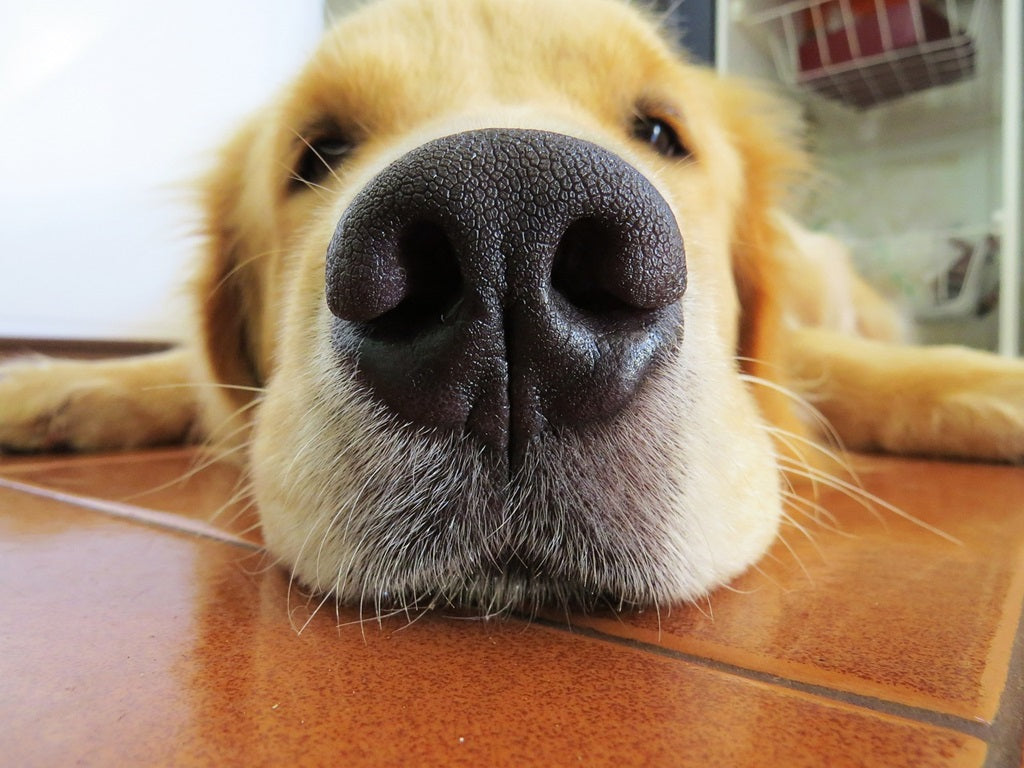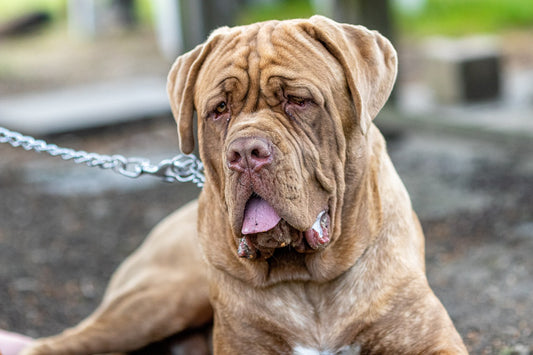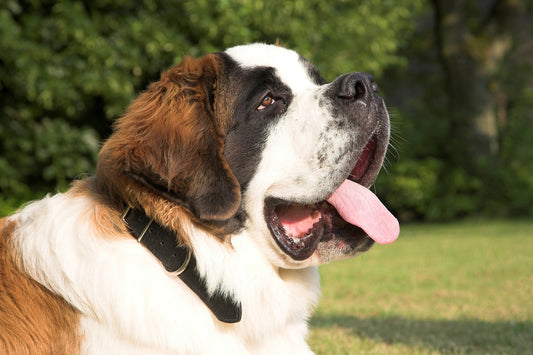As a responsible pet owner, ensuring the safety and well-being of your furry friend is a top priority. While many fruits can be a healthy and delicious addition to your dog's diet, it's crucial to be aware of fruits that can be harmful or even toxic to them. Let's explore some of these fruits and understand why they should be avoided.
Toxic Fruits for Dogs:
-
Grapes and Raisins:
- Both grapes and raisins have been linked to kidney failure in dogs.
- Even small amounts can lead to severe health issues, so it's best to keep these fruits out of your dog's reach.

-
Citrus Fruits (Lemons and Limes):
- While small amounts may not be harmful, the citric acid and essential oils in these fruits can cause irritation.
- Large quantities can lead to upset stomach, vomiting, or even central nervous system depression.

-
Avocado:
- Avocado contains a substance called persin, which can be toxic to dogs.
- Ingesting the pit can also pose a choking hazard or cause an obstruction in the digestive tract.
-
Stone Fruits (Peaches, Plums, Apricots):
- The pits of these fruits contain cyanide, which is toxic to both humans and dogs.
- Ingesting the pit can lead to choking or intestinal blockage.
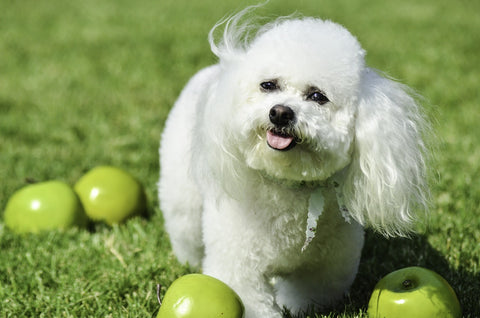
-
Cherries:
- Cherry pits also contain cyanide, and the fruit itself can cause gastrointestinal upset.
- It's safer to avoid cherries altogether to prevent potential health issues.
-
Tomatoes:
- The green parts of tomatoes, including the stems and leaves, contain solanine, which can be harmful to dogs.
- While ripe tomatoes are generally safe in moderation, it's best to avoid the green parts.
-
Pitted Fruits (such as Peaches and Plums):
- The pits of these fruits can pose a choking hazard or cause an intestinal blockage.
- Additionally, they contain cyanide, which is harmful in large quantities.
-
Fruits with Pits or Seeds (such as Apples and Pears):
- While the flesh of these fruits is safe for dogs, the seeds and pits contain cyanide.
- Remove the seeds and pits before offering these fruits to your dog.
-
High-Fat Fruits (such as Coconut):
- While small amounts of coconut are generally safe, excessive consumption can lead to pancreatitis.
- Limit the intake of high-fat fruits to prevent digestive issues.
-
Fruits with Large Seeds (such as Watermelon Seeds):
- While the flesh of watermelon is safe, the seeds can cause intestinal blockage.
- Remove the seeds and offer seedless watermelon in moderation.

It's essential to be vigilant and knowledgeable about the foods you share with your dog. If you suspect your dog has ingested a toxic fruit or is showing signs of distress, consult your veterinarian immediately. Always prioritize your dog's health and make informed decisions about their diet to ensure a happy and healthy life.

Other Topics:

